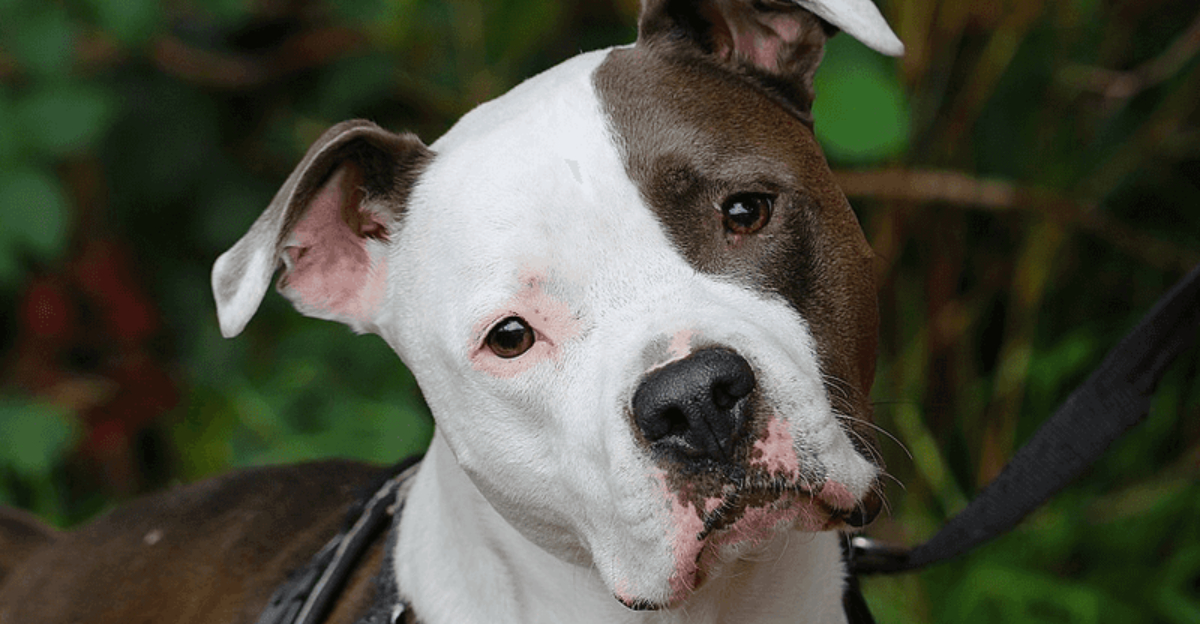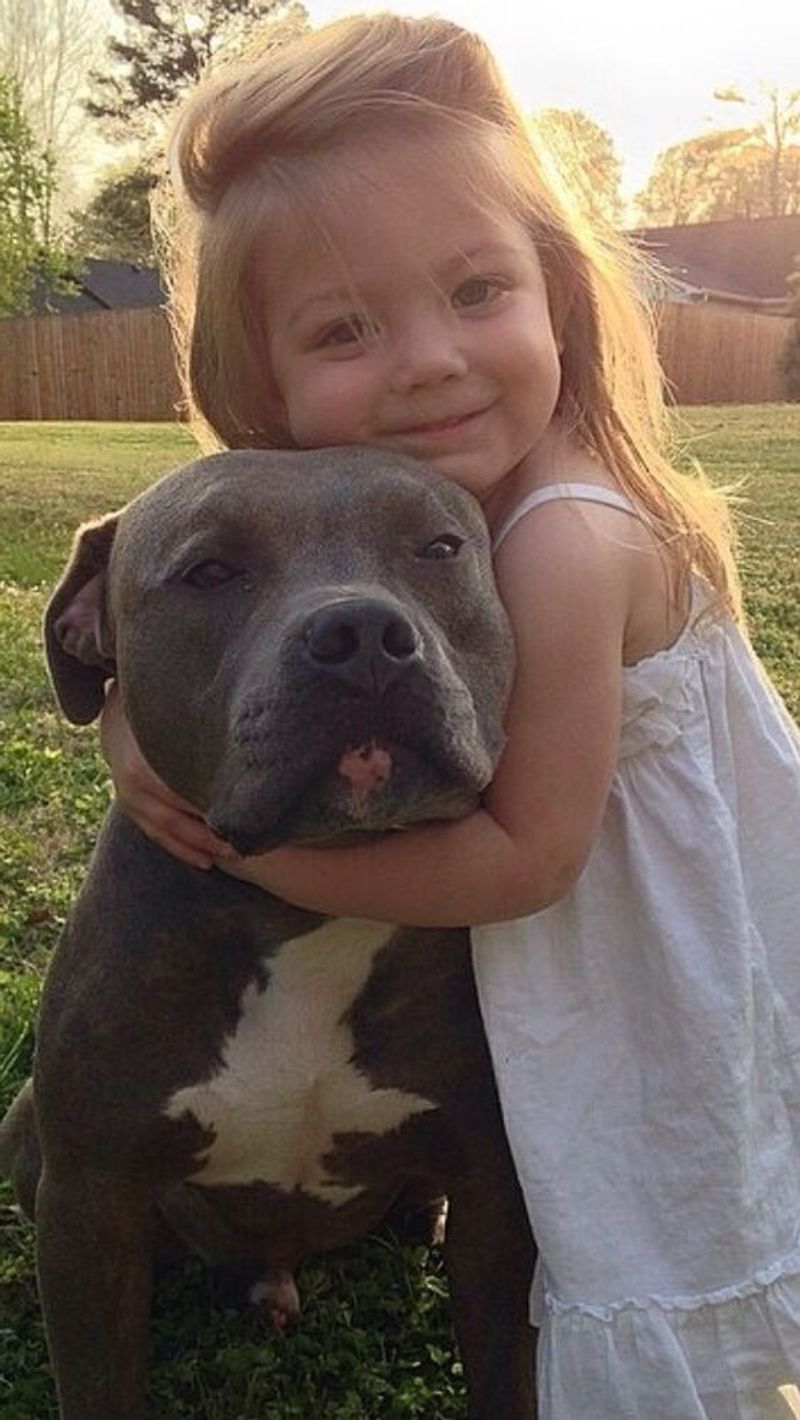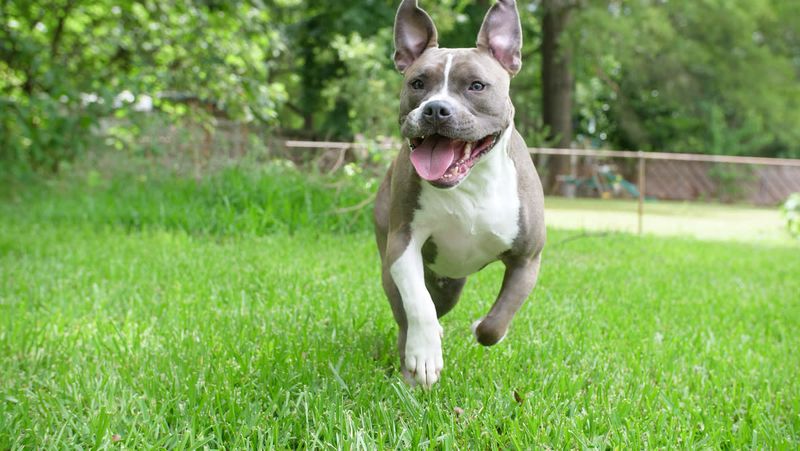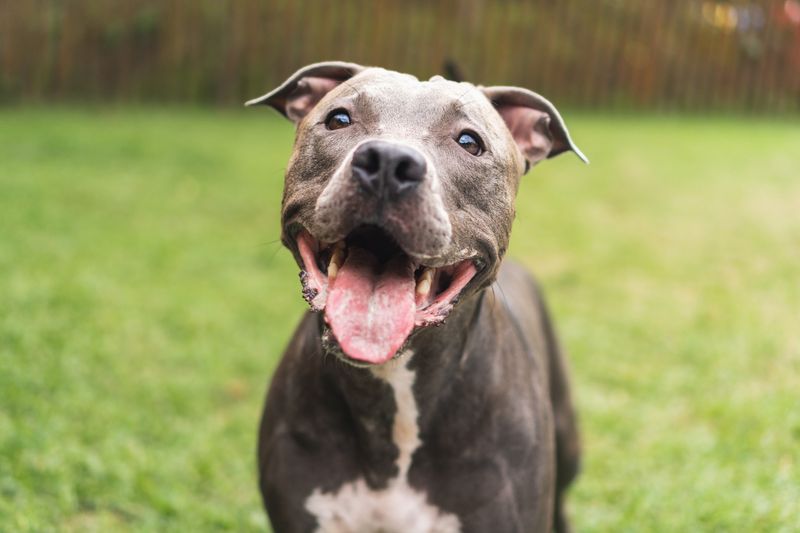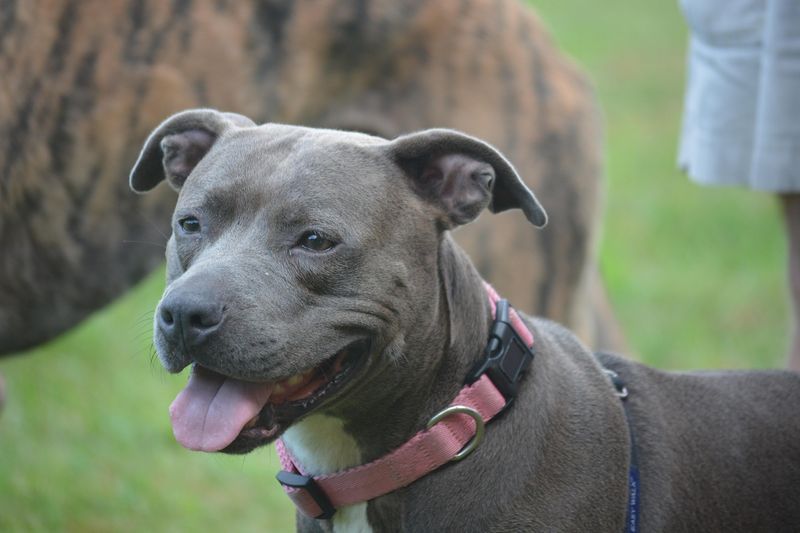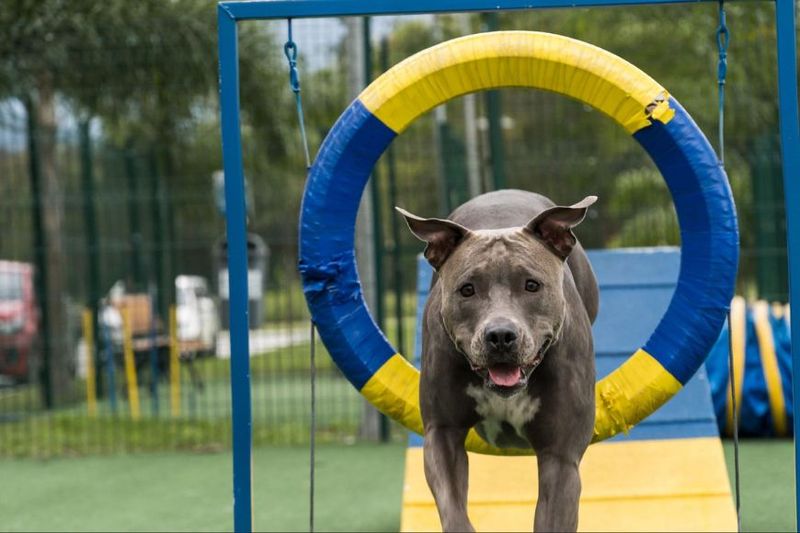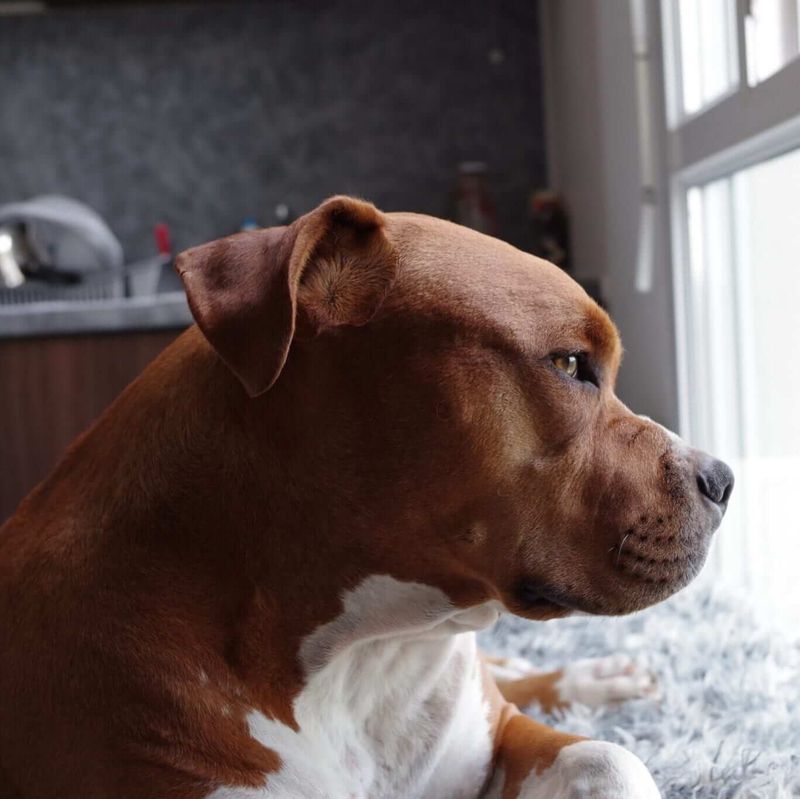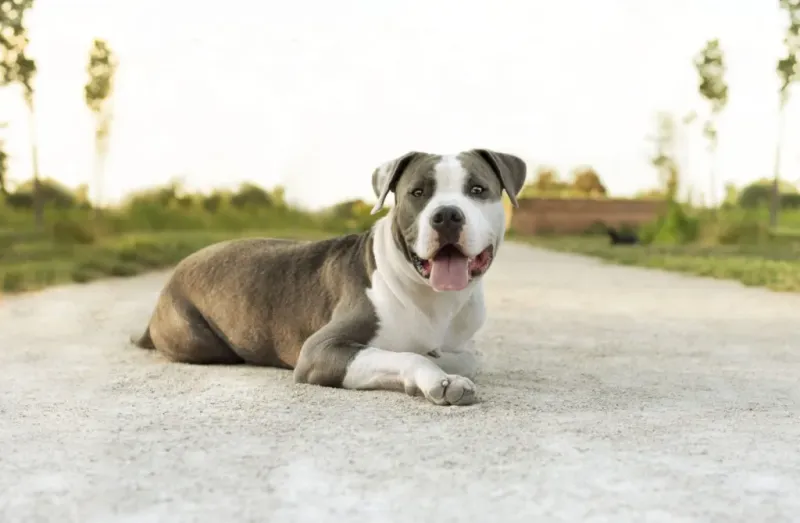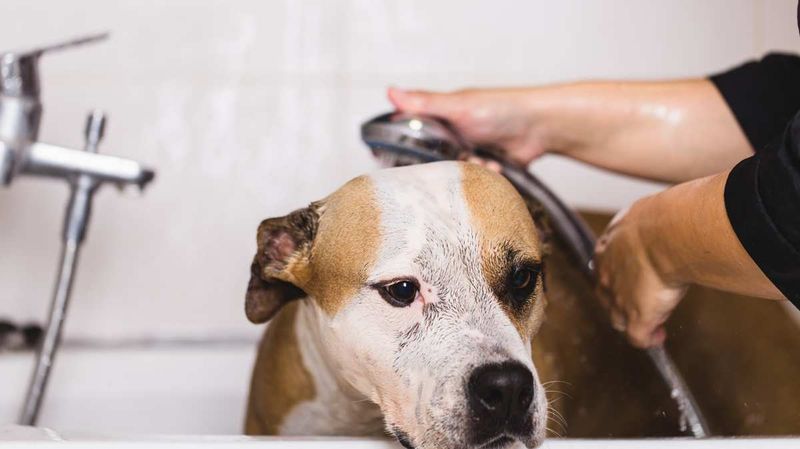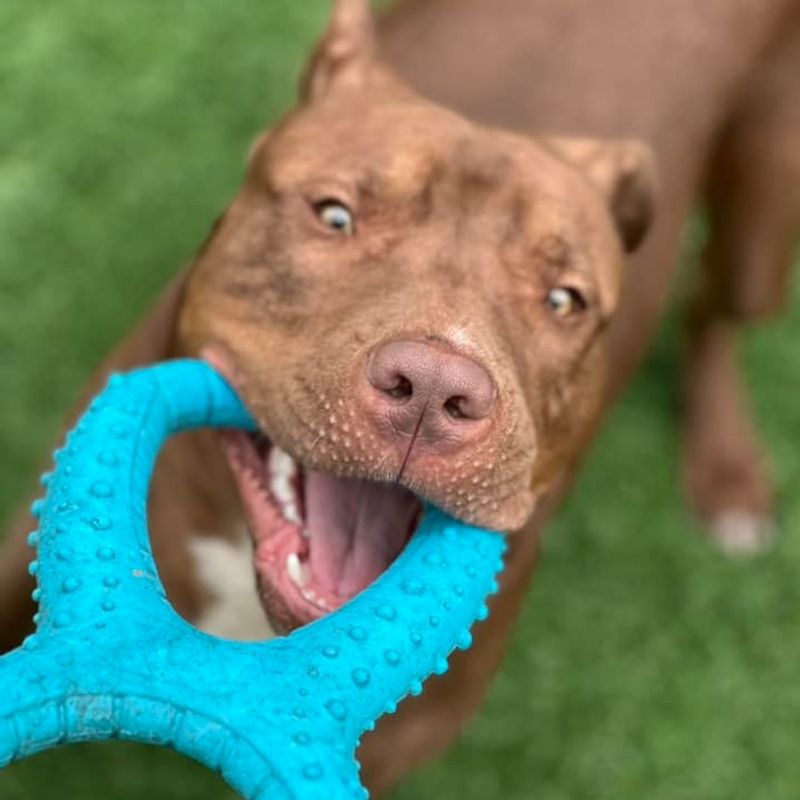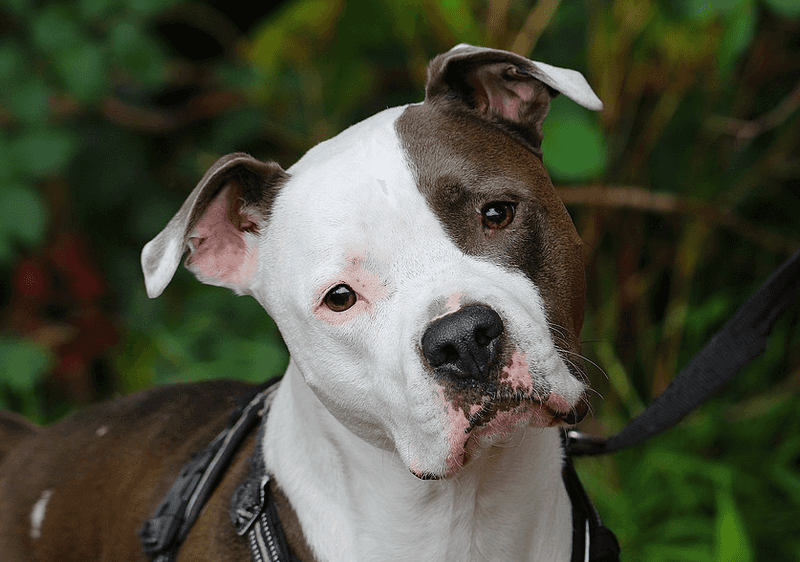Pit Bull Terriers have long been at the center of heated debates about their nature and behavior. Known for their muscular build and powerful appearance, they often bring mixed reactions among dog enthusiasts and the general public alike. This blog post sheds light on both the advantages and challenges of welcoming a Pit Bull into your life, providing a balanced perspective to help you make an informed decision.
Affectionate Nature
Pit Bull Terriers are known for their deep affection and loyalty to their human companions. Imagine coming home after a long day to a wagging tail and eyes full of love. These dogs thrive on attention and are known to form strong bonds with their families, making them ideal for people looking for a loving pet. Their gentle and playful nature makes them excellent companions for children, provided they are well-socialized. However, their strong attachment means they don’t enjoy being left alone for long periods, so they’re best suited for homes where someone is around often.
High Energy Levels
If you’re looking for a canine companion with boundless energy, the Pit Bull Terrier might be your perfect match. These dogs are always ready for an adventure, whether it’s a long walk, a game of fetch, or a playful romp in the backyard. Their zest for life can be infectious, but it’s also demanding. Pit Bulls need regular exercise to stay healthy and happy, so active individuals or families will find them a delightful addition. However, their high energy levels mean they might not be the best fit for those seeking a low-maintenance pet.
Misunderstood Reputation
Pit Bulls often face stigma due to misconceptions about their behavior. Despite their intimidating appearance, many are gentle and loving. This breed has been unfairly labeled as aggressive, largely due to media portrayal and misuse by irresponsible owners. In reality, a well-trained and socialized Pit Bull can be as friendly as any other breed. They often enjoy being around people and can adapt well if given the right guidance. Educating oneself and others about their true nature can help dispel myths and promote these misunderstood dogs as loyal companions.
Strong Protective Instincts
With an innate sense of responsibility, Pit Bulls take their role as protectors seriously. They are naturally alert and aware of their surroundings, making them effective watchdogs. This protective nature is beneficial if you’re looking for a dog that will watch over your household. However, it requires proper training to ensure they don’t become overly defensive or aggressive. Their loyalty and commitment to their family can be heartwarming, but owners should be prepared to invest time in training to balance these instincts with positive social behavior.
Socialization Requirements
Socialization is key for a well-rounded Pit Bull Terrier. These dogs need exposure to various environments, people, and other animals to develop positive, confident behaviors. Regular interaction at a young age helps them become well-adjusted adults who can handle different situations with ease. This breed’s friendly nature typically shines through when they are properly socialized. However, neglecting this aspect of their upbringing can lead to behavioral issues. Consistent and positive social experiences shape them into lovable companions who thrive in diverse settings.
Training Challenges
Training a Pit Bull Terrier requires patience and consistency. Known for their intelligence, they can quickly pick up commands, but they also possess a strong will that may test a novice owner. Positive reinforcement techniques work best, and establishing clear boundaries early on helps in managing their exuberant energy. While their eagerness to please can aid in training, owners must remain dedicated to reinforcing good behavior throughout their lives. The result is a well-behaved pet that respects its owner and thrives in various environments.
Health Considerations
Pit Bull Terriers are generally robust dogs, but they are prone to certain health issues like hip dysplasia and skin allergies. Regular veterinary check-ups and a balanced diet are crucial in maintaining their health. Being attentive to their specific needs can prevent minor problems from escalating into major concerns. Owners should be informed about the breed’s health predispositions and provide appropriate care and attention. With the right medical guidance and regular exercise, these dogs can lead long, healthy lives filled with vitality and joy.
Adaptability
Pit Bulls are surprisingly adaptable and can thrive in various living situations, from bustling city apartments to suburban homes with yards. Their need for companionship makes them flexible to different lifestyles, as long as they receive adequate exercise and attention. Their adaptability makes them suitable for a range of owners, from singles to large families. However, their energetic nature requires owners to commit to regular play and walks, ensuring they remain content and well-adjusted, regardless of the living environment.
Playful Personality
Pit Bulls have a playful and spirited personality that can brighten anyone’s day. Their enthusiasm for games and activities makes them entertaining companions who love to engage in fun-loving antics. This playful nature is endearing, but it also means they need plenty of mental and physical stimulation to channel their energy positively. Interactive toys and regular play sessions can keep them occupied and happy. Though they love a good romp, they also enjoy quiet cuddle time, making them versatile pets for those who appreciate both energetic and relaxing moments.
Dietary Needs
Meeting the dietary needs of a Pit Bull Terrier is essential for their overall well-being. A balanced diet with the right nutrients supports their active lifestyle and prevents obesity. High-quality dog food, rich in proteins and low in fillers, is recommended. Regular feeding schedules and portion control are crucial to avoid overeating, which can lead to weight issues. Consulting with a veterinarian helps tailor a diet plan suited to their individual requirements. With proper nutrition, these dogs can maintain their strength and vitality, enjoying a long, healthy life.
Grooming Requirements
The grooming needs of a Pit Bull Terrier are relatively low-maintenance compared to other breeds. Their short coat requires minimal brushing, but regular grooming helps keep their skin healthy and their coat shiny. Bathing should be done as needed, typically every few months, to prevent any skin issues. Owners should also pay attention to their nails and teeth, ensuring they remain in good condition. Regular grooming sessions can be a bonding experience and keep your pet looking its best. With a simple grooming routine, these dogs are easy to care for.
Family Compatibility
Pit Bull Terriers can be wonderful family pets when raised in a nurturing environment. Their affectionate and protective nature makes them excellent companions for families with children. They enjoy being part of a family unit and often thrive in homes where they receive plenty of attention and interaction. Supervision is recommended with young children to ensure safe play, but their loving demeanor often shines through. With proper socialization and training, they become loyal members of the family, appreciated for their affectionate and playful presence.
Love for Chewing
Pit Bulls are known for their love of chewing, a behavior that can be both endearing and challenging. Providing them with durable chew toys can satisfy this instinct and prevent them from targeting furniture or shoes. Chewing helps keep their teeth clean and their jaws strong, but it’s essential to monitor their toys for wear and replace them as needed. Engaging them with safe, enjoyable chewing options can keep their need in check and ensure they focus on appropriate items. This habit, when managed well, can be a simple and enjoyable aspect of their daily routine.
Emotional Sensitivity
Pit Bulls are emotionally sensitive creatures, often tuning into their owner’s moods and emotions. Their intuitive nature allows them to provide comfort and companionship when it’s needed most. This sensitivity is one of the reasons they form such deep bonds with their families. However, it also means they can be affected by the emotions and tensions in their environment. Creating a calm and positive atmosphere helps them thrive. Understanding their emotional needs leads to a harmonious relationship, where both pet and owner experience mutual support and love.
